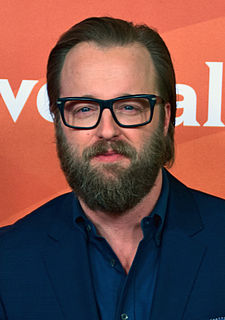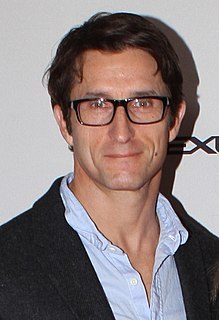A Quote by Sandra Bullock
It's sad when you say a $30 million film is an inexpensive film, but it is.
Quote Topics
Related Quotes
We have a conservative government that only thinks in terms of efficiency. They are spending a lot of money on military expenses and less and less on culture. My position is that culture can actually be economically viable. When I make a film, the film costs $3 million. Now, in Quebec, it grossed $3.5 million, which is a small film. It's not a comedy. There are no stars in it. And, it still grosses $3.5 million. That's just in Quebec.
In any film business, if you're trying to get your next film made, you would never say, 'Oh, my last film was a cult film.' I'd say, 'Oh, great, well I hope this one isn't!' I always say to Johnny Knoxville, 'How do you do it? You sort of do the same thing we did, except you made millions, and I made hundreds.'
They said, "You get $2 million to make the film, if you're not in it. If you are in it, you get $5 million to make the film." There was no way to make the thing for $2 million, so I made it for $5 million. And then, it turned out there was no way to make the thing for $5 million. That's when it got weird.
African films should be thought of as offering as many different points of view as the film of any other different continent. Nobody would say that French film is all European film, or Italian film is all European film. And in the same way that those places have different filmmakers that speak to different issues, all the countries in Africa have that too.
With The Exorcist we said what we wanted to say. Neither one of us view it as a horror film. We view it as a film about the mysteries of faith. It's easier for people to call it a horror film. Or a great horror film. Or the greatest horror film ever made. Whenever I see that, I feel a great distance from it.
That's such a big part of film scoring that people don't realize. There's a portion of film scoring that's writing the music, but a lot of it is how do you get along with the guy you're working with, how do you interpret what he wants? It's so subjective, you know? Your version of sad is probably different than my version of sad. It's my job to figure out what your vision of sad looks like.



































